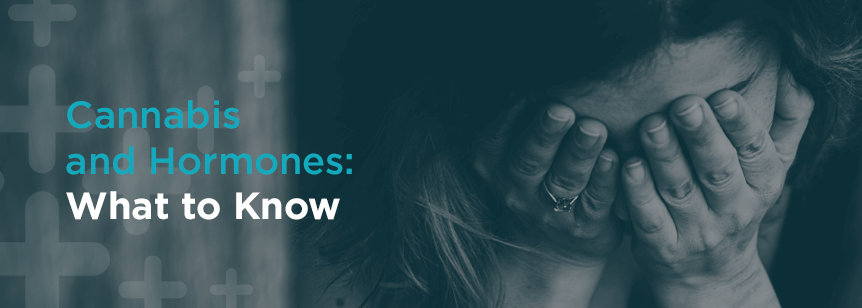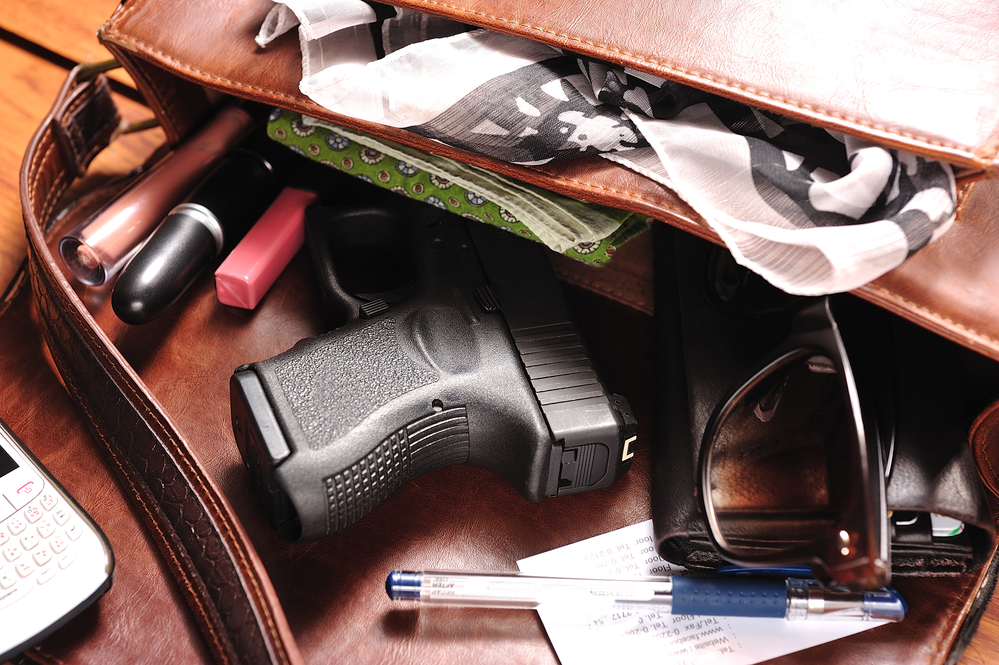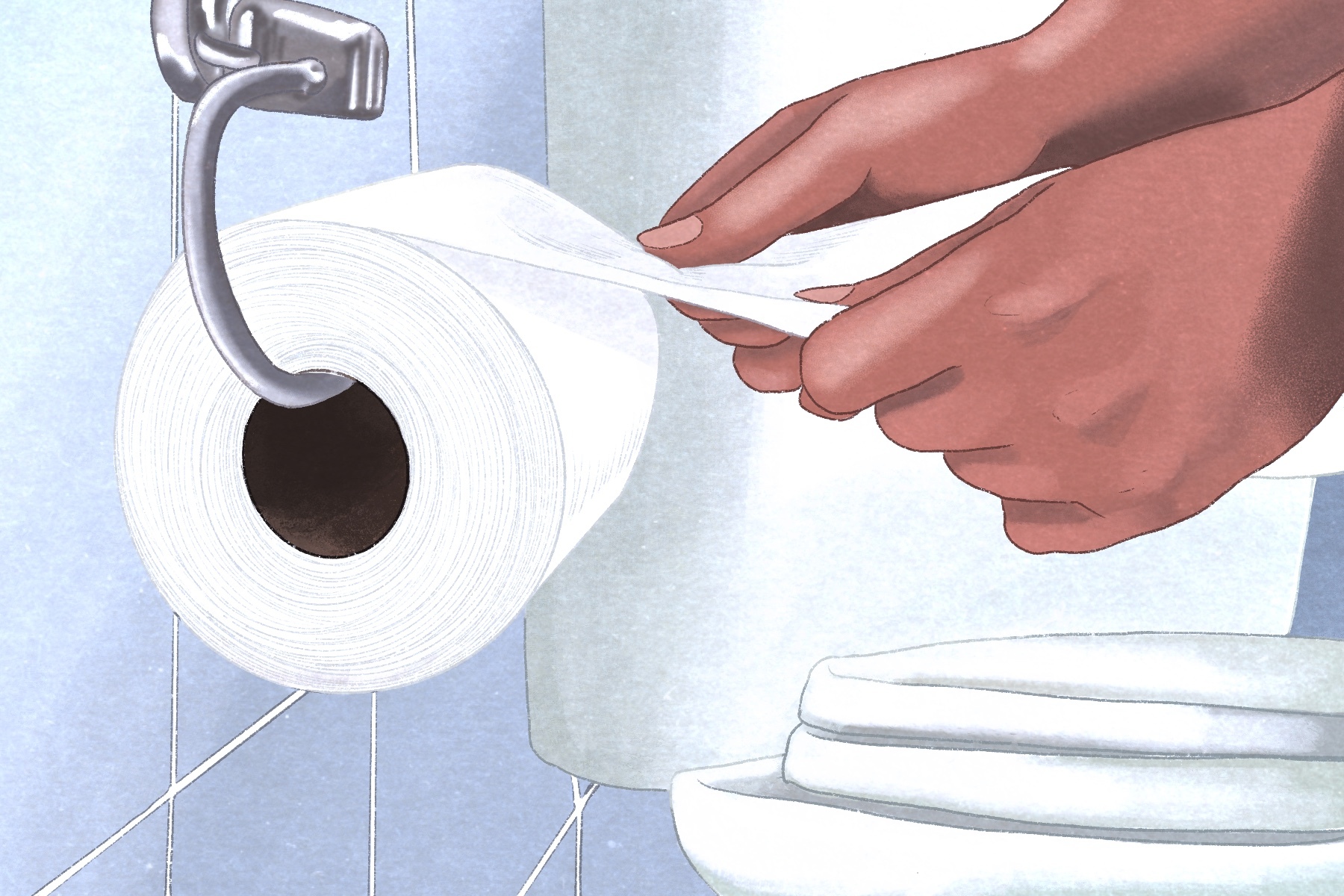When you were a kid, the worst punishment you may have imagined was being forced to take a nap. Who wants to nap when there are so many more important and interesting things to do? The truth is that many of us never outgrow that sensation. That somehow, taking a time out to get some shut-eye is a bad thing. That was before the COVID-19 health crisis. And something called ‘Coronasomnia’.
Over the past twenty years, digital transformation and other cultural and work/life shifts have changed our sleeping habits. And not in a good way. Add a side-hustle or small business (34% of Americans have one, according to Zapier). That is just over 6 million Americans that have a part-time gig in addition to their full-time job. No wonder we aren’t sleeping!
What really happens when you aren’t getting enough sleep? We think the first symptoms are being tired, maybe a little grumpy, and possibly eating more cookies than normal. When the body has chronic fatigue, we crave and load up on sugary and unhealthy foods. This may be one of the factors contributing to skyrocketing rates of chronic diseases, including cancer and diabetes.
Many people don’t know the full impact that chronic fatigue and coronasomnia can have on health. It’s way more than being irritable and drinking a pot of coffee to get through the day. And while we explore how important sufficient sleep is to your health, ask yourself; when was the last time you took a nap? And we don’t mean at the airport, on the bus or a commuter train.
What Happens to Our Bodies When We Sleep?
The deepest stage of sleep happens when there is REM (rapid eye movement). But there are two stages; REM and non-REM sleep. And the body and brain behave differently in each stage of the process. Each sleep cycle lasts between 70 minutes to 120 minutes in duration.
The sleep stages are:
- Non-REM Stage 1 phase is the short period after you just doze off. This is the transitional phase that helps your body relax.
- Non-REM Stage 2 phase is like a sedation effect, where thinking processes are slowed down.
- Non-REM Stage 3 sleep is the deep sleep when good things happen. This is the recovery phase where your body is totally relaxed. But the brain maintains a pattern of electrical pulses that help us stay asleep.
- REM happens at Stage 4. Interestingly, the brain activity in REM sleep accelerates. Think of your brain as a supercomputer running a full-system scan. That is when your health, comfort, and psychological processes go through a diagnostic report to the brain. And that activity is also the reason why humans have vivid dreams. They only occur during REM Stage 4 sleep.
Many people can recall the last dream they had before exiting REM Stage 4 sleep. But if you can’t remember any dreams? That might be an indication that you aren’t getting the deep restorative sleep your body needs.
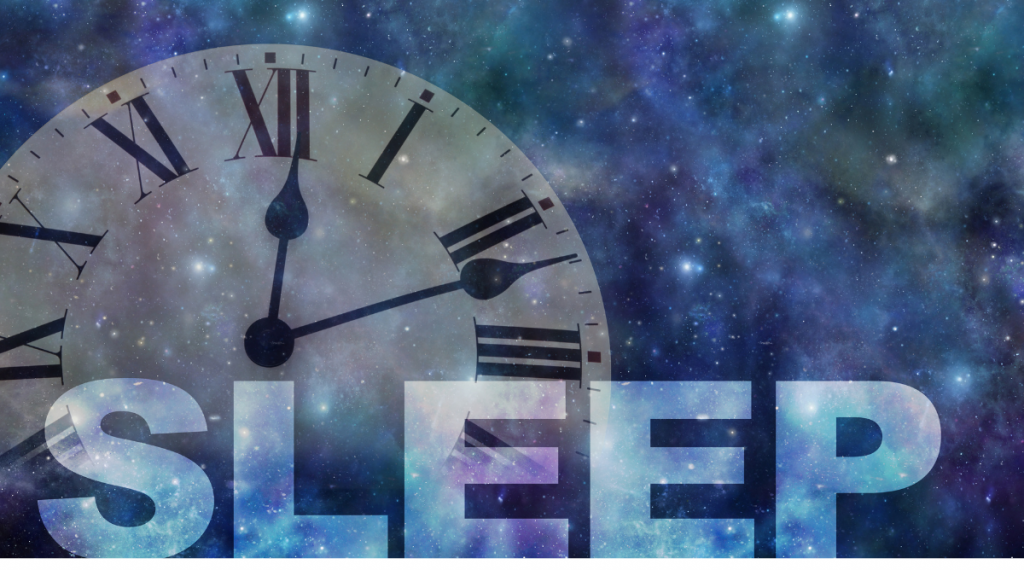
How Much Sleep Should We Be Getting Every Day?
This is a tricky question. If you asked a room full of people of a variety of different ages, you’d get many different answers. For some people, anything less than eight hours of sleep and they can’t function. For others, six hours per night maximum is about right. They may even say that if they sleep longer, they feel worse. And then, there are people who can sleep for half the day on a Saturday. And we might all be a little jealous of them.
According to The Sleep Foundation, the average adult (age 26-64 years old) should be getting about 7-9 hours per sleep every night. Seniors over the age of 65 years should aim for 7-8 hours of sleep daily. Newborn infants and toddlers need up to seventeen (17) hours per day of sleep to be healthy. And school-aged children (6-13 years) should be getting 9-11 hours of sleep every night.
Are you getting anywhere near that amount of sleep? The average American is not. And the stressors and changes to ‘normal life’ during the COVID-19 pandemic has created a new epidemic;
More Americans Are Experiencing Insomnia Because of COVID-19
The pandemic has changed the way we work, play, live, and how well we sleep. So, if you have never had any problems sleeping before the COVID-19 pandemic, you aren’t alone. The phenomenon is so common that it has a name; Coronasomnia.
It has been more than one hundred years since the world had to deal with a pandemic. And what we are experiencing in the United States is identical to what people in other countries are dealing with. Some countries have it worse. But here in the USA, COVID-19 has resulted in the tragic loss of family members and friends. In fact, as of May 5, 2021, there have been 578,804 deaths from the coronavirus in the United States alone.
That’s scary. Chances are that you know some people who were hospitalized with a life-threatening reaction to the COVID-19 virus. You may have lost someone you love. Unemployment rates breached historical levels as businesses shut down for social distancing. And new jobs can be hard to find right now, with the service and tourism sectors suffering some major blows.
The uncertainty is bothering us. When will the COVID-19 virus go away? When can you get the vaccine? Will everyone get the vaccine? It’s hotly contested by people who refuse to take it. Will you be able to travel out of the country to see friends and family if you are not immunized? Stressful doesn’t come close to explaining how it feels for everyone right now.
We’re sleeping less, according to recent surveys. And when we do wake up, we’re reaching for our screen devices like tablets and smartphones, which makes it even harder to get back to sleep. Social distancing and working from home are having an impact on our mental health, causing more cases of coronasomnia.
Can You Catch Up On Sleep?
You just worked 100 hours this week. And you have the mantra that you’ll catch up on all your sleep after you are done with the big project. Or, if you have a demanding career, maybe you promise yourself that you will ‘catch up on your sleep on the weekend. Or recharge those insomniac batteries on your next vacation.
Sleep doesn’t really work that way. Your body has a natural circadian rhythm that governs sleep and wake cycles. When you have a healthy sleep cycle, i.e., you get 7-8 hours sleep every night, your body uses that downtime. It strengthens your body and your immune system. Think about sleep as the one time of the day that your body can run a diagnostic check; and fix problems.
So, what happens when you don’t get enough sleep? That process of checking for damaged tissues, viral or bacterial invaders, muscle building and repair, etc., doesn’t happen. And it can make you more susceptible to viruses and infections and high inflammation. When your body has chronic inflammation, you can be more at risk of developing conditions like cancer, Crohn’s disease, Alzheimer’s disease, and diabetes.
You can’t really ‘catch up’ on your sleep. If dealing with coronasomnia was that easy while many are working from home, it wouldn’t be an issue right now for some many Americans.
Only two things improve when you allow yourself to sleep in on a Saturday. First, you won’t be as moody. And second, you’ll have more energy. So you will feel better, but that doesn’t mean you have addressed inflammation or the cumulative impact of sleep deprivation on your health.
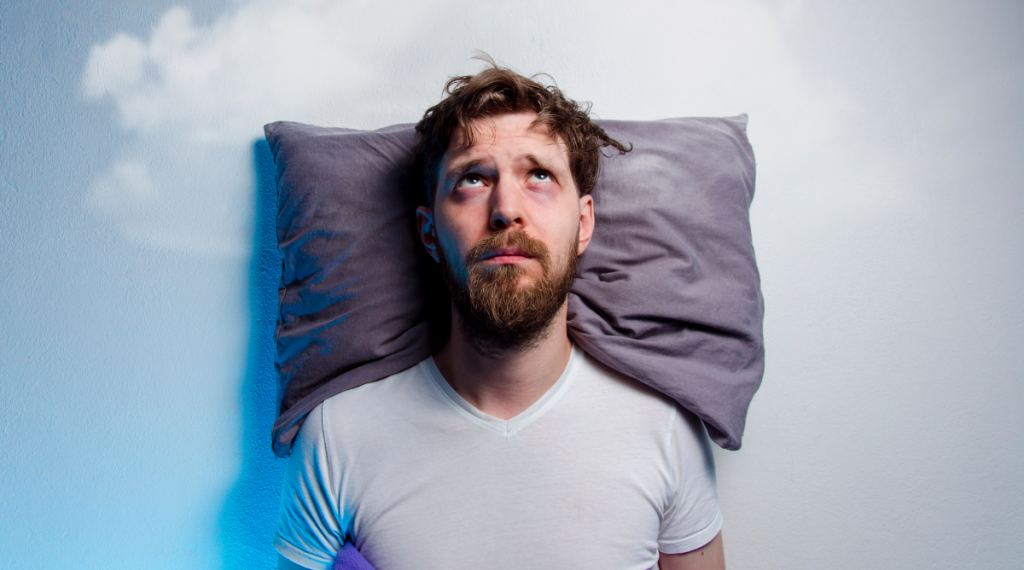
How Does Taking a Nap Help Improve Coronasomnia?
We know what you are thinking. Taking a nap is hard, especially if you do not live alone. How can you find the time (and the peace and quiet) to sleep off for some bonus ZZZ’s in the middle of the day? Particularly if you have a long list of things you need to get done on the weekend.
The first step is acknowledging that naps really do promote health. So, it’s worth training yourself to take them on a regular basis. Did you know that napping is so beneficial that many tech companies provide special rooms for naps? To allow employees to shut it down on their lunch break and rejuvenate with a quick power nap.
Here are some things you may not know about taking a nap, and wy it can help you address symptoms of coronasomnia:
- Taking a nap daily can improve cognition, including learning, problem-solving, and memory.
- It can significantly improve your mood and help you cope with symptoms of anxiety, stress, or depression.
- It improves alertness.
- A short nap is more healthy and effective at relieving fatigue and drowsiness than caffeine.
- Daily naps can improve cardiovascular health.
Even a short ten-minute nap can have a tremendous impact on your mental and physical health. If you drive to work and find yourself getting drowsy and unproductive later in the day, try taking a twenty-minute nap. It will not only help reduce stress, but it can also make you more alert and able to focus more easily.
Talk to Your Doctor if You Are Napping for Long Durations
A short nap can be anywhere from thirty (30) minutes to ninety (90) minutes. And if you take one, there are definitely some major health benefits. Both for your body and your mind. But can you nap too much? And is that a warning sign of a potential health problem?
If you find that you are napping involuntarily at work or at home, it could be a sign of a health condition called narcolepsy. The chronic sleep disorder creates symptoms of moderate to severe drowsiness where the brain decides to slip into sleep mode without our permission.
During a narcoleptic episode, muscles relax, which can cause trip and fall risks. Narcolepsy can be hazardous for people who drive or operate machinery as well. Hallucinations or lucid dreaming are also common in patients diagnosed with sleep disorders. And it is treatable with stimulants, antidepressants, and other therapies.
The body and brain need an effective balance of sleep. Low-quality or insufficient sleep can create health problems. But too much sleep can also increase the risk of developing chronic diseases like heart disease, heart attack, and stroke. If you are sleeping more than nine (9) hours per day regularly, you should consult with your primary care provider (PCP).
Can Medical Cannabis Help with Coronasomnia and Sleep Disorders?
Not sure why sleep is so important? The first step to creating new healthy sleep patterns is understanding what you get by sleeping well. And all the benefits that sleep provides to your mind and body. If you feel that stress, anxiety, or health symptoms like chronic pain create problems with your sleep cycle, talk to your practitioner or PCP.
Chronic fatigue is a condition that may qualify you for a medical card, depending on the state where you live. Some types of medical cannabis can be very effective as a sleep aid. While Sativa strains tend to be vibrant and create high-energy and happy psychoactive effects, Indica helps with sleep. The naturally sedative properties of certain strains of Indica cannabis can relieve stress.
Some of the most popular Indica strains in the United States that are commonly used for insomnia include:
- Granddaddy Purple
- Northern Lights
- Bubba Kush
- Harlequin
- AK-OG Kush
- Milkshake Kush
- God’s Gift
- Skywalker
- Sundae Driver
- Purple Punch
- Tahoe Kush
- Critical Kush
- Afghan Kush
There is a secret to aging your cannabis if you want it to work better for insomnia. After cannabis has been sitting at room temperature a while, a chemical reaction happens. The THC starts to become oxidized. So, that’s why green or sticky buds smell so delicious, but older weed smells less strong.
But when the scent of your whole flower starts to fade, did you know it’s the best for helping with insomnia? It becomes cannabinol, or CBN, which amplifies the sedative effects. Keep a separate stash for your ‘sleepy time’ Indica and let it age a little at room temperature for best results. It could help you address your coronasomnia.
What Kind of Cannabis Products Can I Buy for Coronasomnia?
When you head to your medical marijuana dispensary, avoid strains that are described as “cerebral” if getting a solid night’s sleep is your priority. Some types of Indica’s can stimulate introspection or ‘deep thoughts.’ And the last thing you want is to get existential when you are trying to get to sleep.
Contemplate the meaning of life with a Sativa on the weekend. And try a vape or even an edible Indica taken about 1 hour before you would like to be asleep. Indica tinctures are also another popular option for treating sleep disorders. One or two drops under the tongue about thirty minutes before you want to go to bed works well for many people. And the best part? It’s fast and easy.
Featured Image: CANVA




